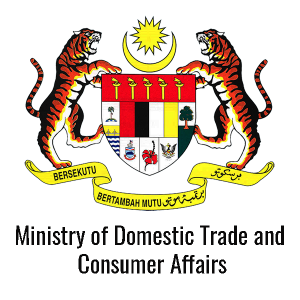 In Malaysia, 22% of online consumers access pirate streaming, down by 64% since August 2019, according to a YouGov survey of 1,123 consumers commissioned by the Asia Video Industry Association’s Coalition Against Piracy (AVIA’s CAP) and released in September 2020. The number of consumers using illicit streaming devices was similarly down, by 61%, compared with 2019.
In Malaysia, 22% of online consumers access pirate streaming, down by 64% since August 2019, according to a YouGov survey of 1,123 consumers commissioned by the Asia Video Industry Association’s Coalition Against Piracy (AVIA’s CAP) and released in September 2020. The number of consumers using illicit streaming devices was similarly down, by 61%, compared with 2019.
Site blocking policies enacted by Malaysia’s Ministry of Domestic Trade and Consumer Affairs (MDTCA) has driven significant changes of consumer behavior around streaming. Malaysia’s Ministry of Domestic Trade and Consumer Affairs (KPDNHEP) also initiated site blocking policies in February 2020.
Now, nearly half (49%) say that they no longer access piracy services, and 40% access them only rarely. 20% of consumers surveyed have migrated to paid streaming services, while 15% spend more time watching free ad-supported services from local streaming providers and 65% watch ad-supported services from international sources.
Read the AVIA news release
Why it matters
Video providers that wish to distribute their programming in Malaysia are more likely to see Malaysia as a business-friendly market; serious about reducing infringing distribution and use.
This also demonstrates that modernized site blocking policies are effective: Malaysia’s policy recognizes that pirates can simply move infringing offerings to new domains and/or change their IP addresses; and blocking requests remain in effect despite such moves.
This is in contrast with US policy under the Digital Millennium Copyright Act, under which take-down notices against infringing Web sites must be re-submitted for every occurrence of infringement.












